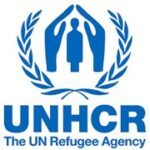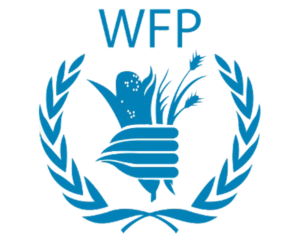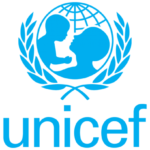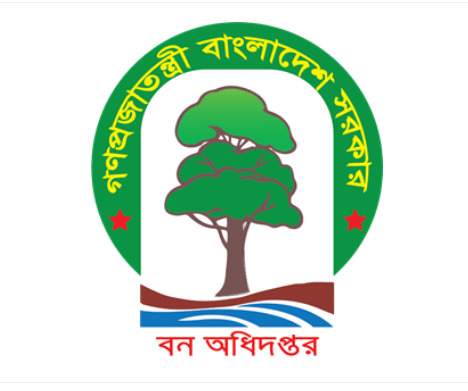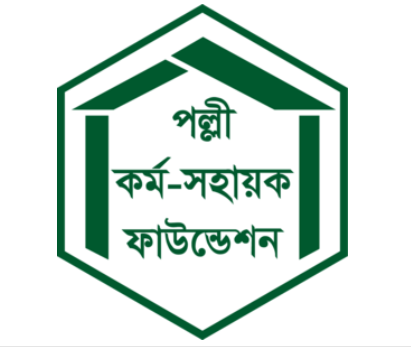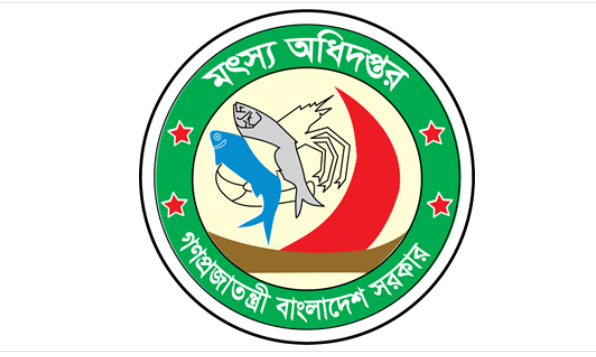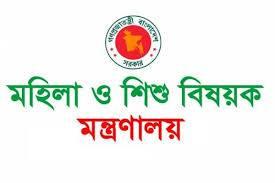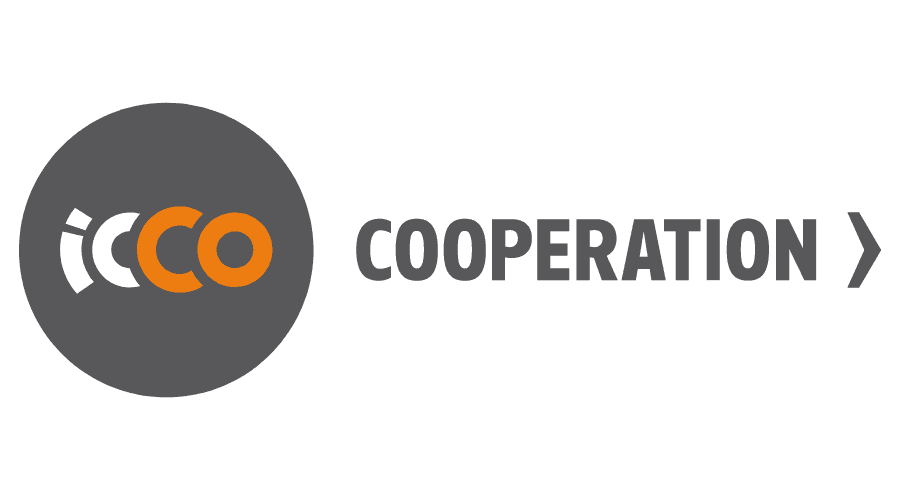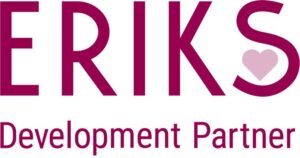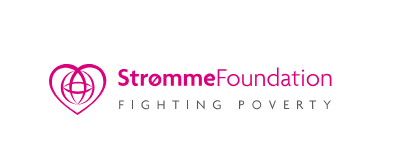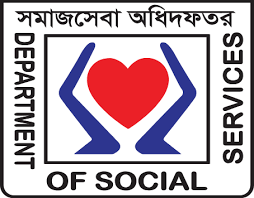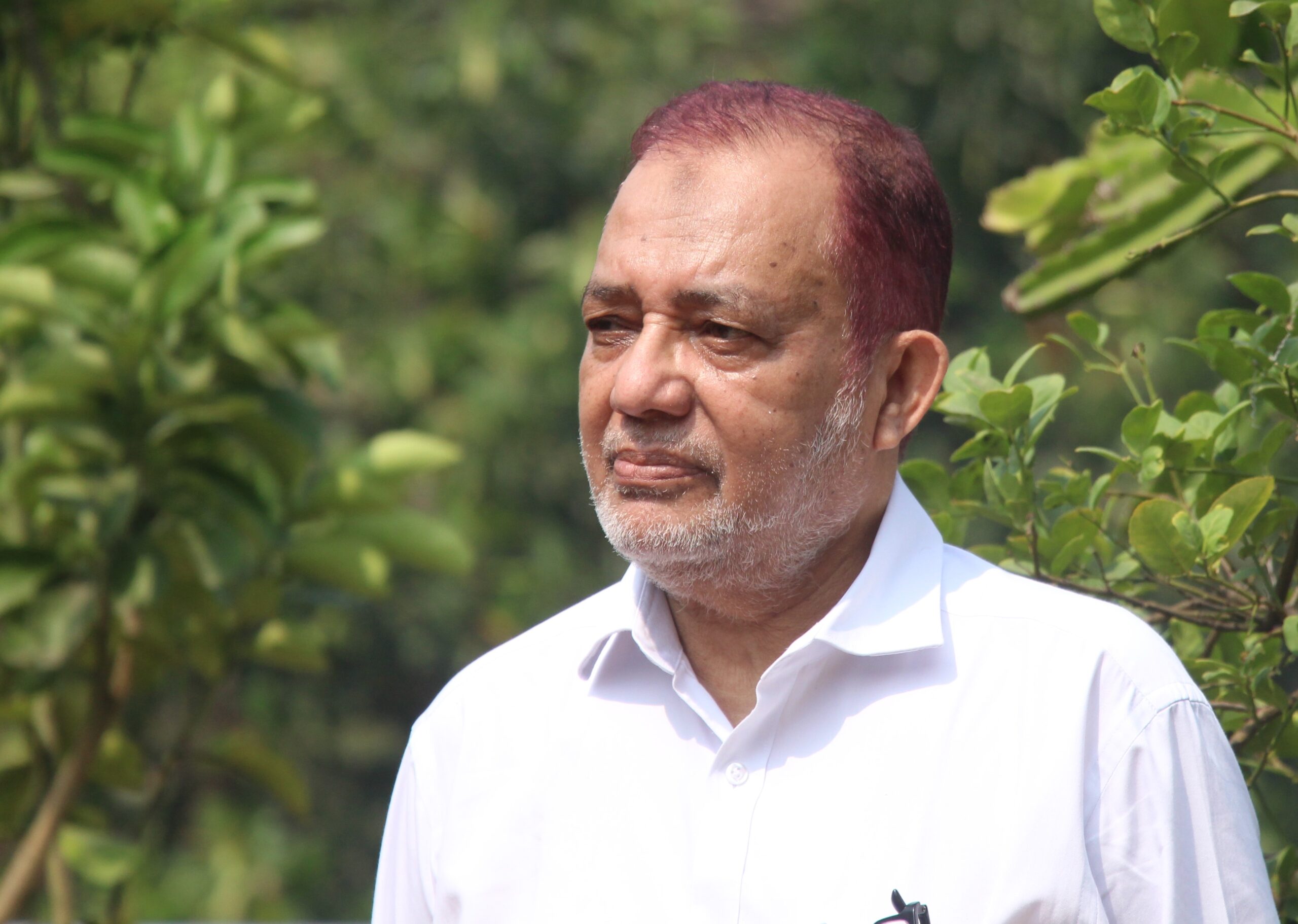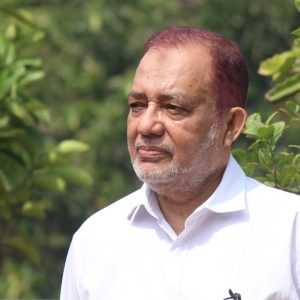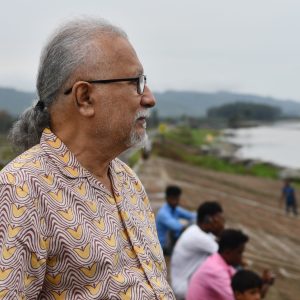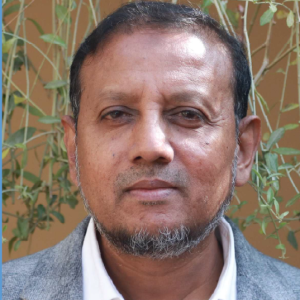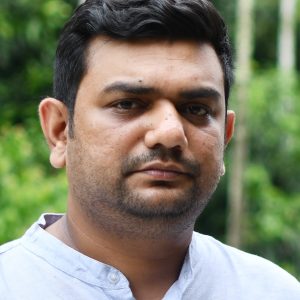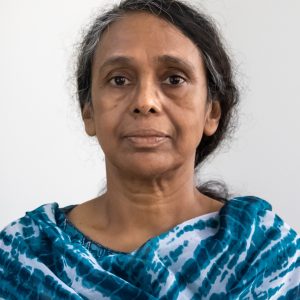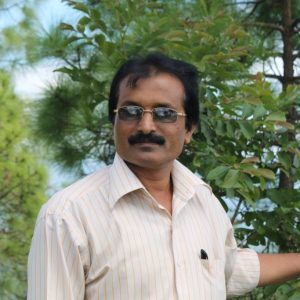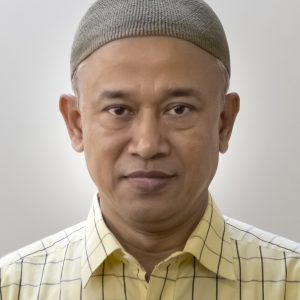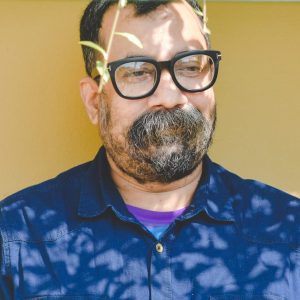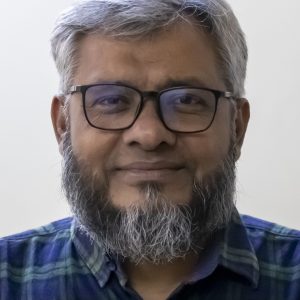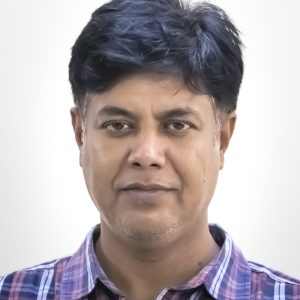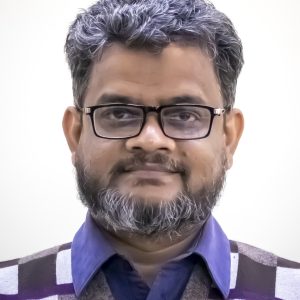COMMUNITY DEVELOPMENT CENTRE (CODEC)
OUR MANDATE
As a nonprofit organization committed to development, CODEC takes the pride in being the pioneer in representing the coastal and riverine folk in general and fisher-folk in particular. Their woes and wellbeing are in the centre of CODEC’s thinking, sources of its aspirations and basis for existence.
OUR VISION
The coastal and riverine population of Bangladesh are realizing their well-being progressively and sustainably.
OUR MISSION
The coastal and riverine communities of Bangladesh have effectively connected themselves with relevant external actors, capitalized on their socio-economic potentials and conquered their livelihood challenges arising from changing socio-political, environmental, and economic contexts.
CODEC has been working for the marginalized coastal fisher folk communities since 1985 for the well-being of this community by addressing their problems. Various types of problem of fisher-folk community have identified through several FGDs regarding their rights. Domestic violence, early marriage, dowry, divorce, denial of rights is some of the major concerns in Bangladesh at present and CODEC is working is creating awareness to dismantle the problems gradually. The local Imam, marriage register, local attributors along with Union Chairmen, Attribution Council and Village Courts possess knowledge and skills and are motivated to play an efficient and effective role in the community. Union Parishad Chairmen and Rights activists of Human Rights Organizations and Lawyers Panel are working side by side with CODEC to establish a sustainable provision of conflict resolution service. Fisher-folk community has less access to justice and also have less opportunity to input their opinion in the policy formulation. CODEC had taken an initiative to revise “Protection and Conservation of Fish Act, 1950” according to the opinion of fisher-folk community with a consultation of law and policy expert through a project which was funded by Manusher Jonno Foundation (MJF). Poor households in disputes finds affordable access to justice through this sector of CODEC.
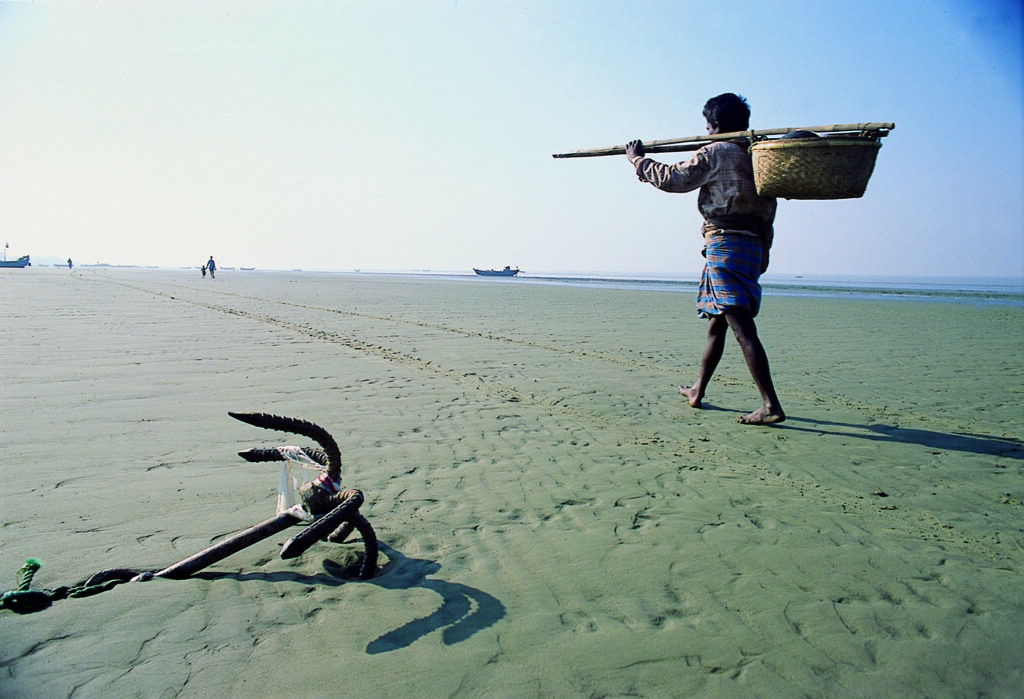
CODEC is an inheritor of DANIDA Bangladesh derived from couple of project intervention explicitly DANIDA Boat Building Project and Boat Rental Scheme. CODEC has been working as a people centered development organization from 01 October 1985 according to recommendation of Government of Bangladesh (GoB) and the Royal Danish Embassy.
HISTORY OF CODEC
From the beginning of its development intervention, CODEC started its activities only with the fisher-folk communities (seven villages) in Chittagong but over the period CODEC now extended its working area with other disadvantaged coastal communities along with the fisher-folk.
Phone Number:
880-02-334466485
Email:
info@codec.org.bd
completed projects
At the beginning of its development interventions, CODEC started its activities only with the fisher-folk community but cur-rently, CODEC has included other disadvantaged communities along with the fisher-folk community to integrate them with the mainstream disadvantaged groups towards greater solidarity. At present CODEC is working countrywide in 18 districts under 5 divisions. To this end, CODEC has contributed to national de-velopment by working towards establishing an equitable and sustainable society. To contribute to the national development agenda, CODEC has prioritized the national development agen-da and taken steps to incorporate government policies and plans into its development plans. However, CODEC not only focuses on these issues but also strives to achieve Sustainable Develop-ment Goals (SDGs).

CODEC brings decades of multisec-toral expertise and technical experi-ence across low and middle-income communities’ education including youth development, agriculture, livelihood, health and nutrition, environment, climate change and biodiversity, access to justice, social entrepreneurship and capacity building.
Our Management Team
Our Development Partners
